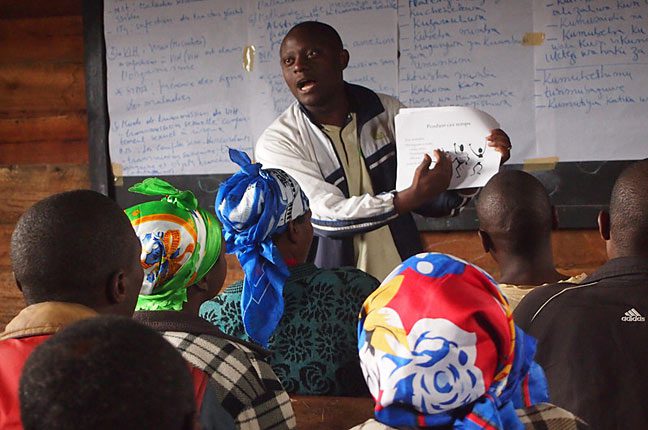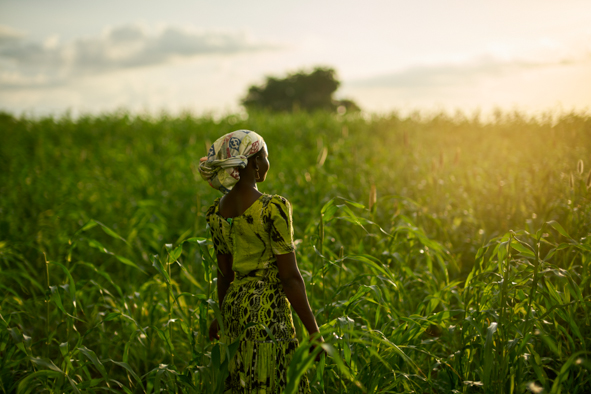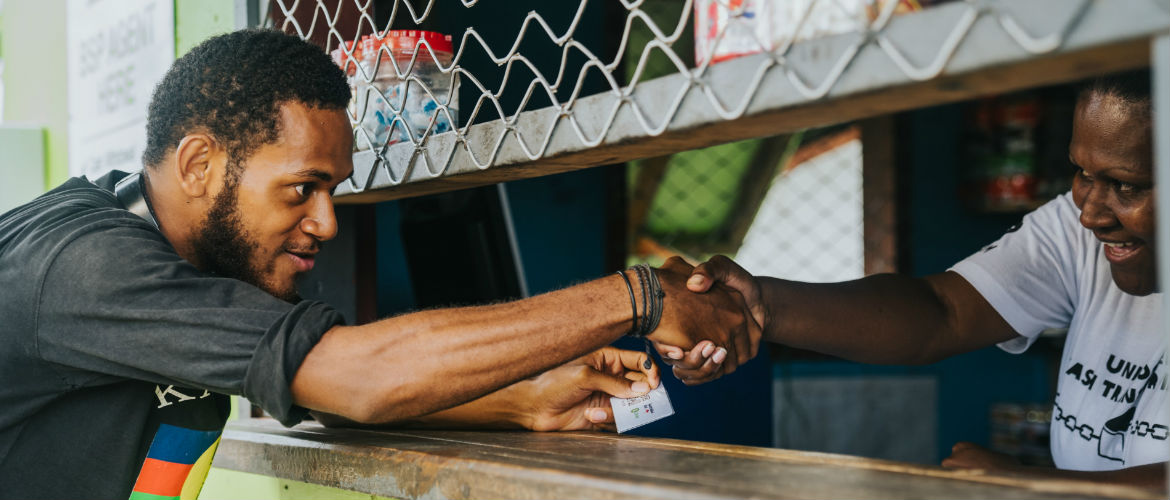Since 2012 Oxfam Australia has been working with Dr Phoebe Wynn-Pope from the Humanitarian Advisory Group and the Australian Civil-Military Centre on a research project called: In Search of Common Ground: Understanding civilian protection language and practice for Civil and Military Practitioners.
This project is really important to Oxfam, because in many places where we are operating we see the devastating impacts of armed conflicts on civilians – from Syria to the Democratic Republic of Congo – and our humanitarian programs are just not enough to stop the bloodshed. We need effective peacekeepers, responsible armed forces and police and committed governments to protect civilians.
Conflict around the world today puts civilians not only in the direct path of violence and destruction, but also restricts their ability to go about their daily lives, earn a living and send their kids to school. So it is not surprising that countries experiencing conflict are the furthest away from achieving the Millennium Development Goals by 2015.
Progress to date
Since 1999, a significant amount of work has been done to improve the international community’s response in relation to the Protection of Civilians (PoC). This has been led by different actors – the United Nations Security Council, the Department of Peacekeeping Operations and the humanitarian community made up of the United Nations humanitarian agencies, the International Committee of the Red Cross (ICRC), and NGOs such as Oxfam – all working in the same complex humanitarian contexts.
These actors are often operating under different guidance and legal regimes imposing protection obligations and expectations on both governments and non-State actors. Often there is a perception that we are not on the same page. Many of us feel there is a gap between how protection is understood by different actors working in this area, which can lead to confusion and undermine the work we are all trying to do.
In Search of Common Ground
The project aims to map and analyse the understandings and approaches each of these different actors have to the Protection of Civilians, to support the contemporary development of the concept of PoC. The researchers will then make evidence-based recommendations for future work in PoC, based on outcomes of the project.
The project aims to counter misperceptions about PoC and contribute to greater complementarity between civil-military actors that have a role in protecting civilians.
Oxfam Australia will also use the recommendations from this study to support advocacy with peacekeeping missions, governments and UN agencies in countries where we are working.
For more information about the study or to be involved contact humanitarianresearch@oxfam.org.au.
Steph Cousins, Humanitarian Advocacy Lead


 Doris*, daughter, 5; Pamila*, 2. Christina grows maize and she was shown how to make compost as part of the CRAFS (Climate Resilient Agriculture and Food Systems) programme.
Doris*, daughter, 5; Pamila*, 2. Christina grows maize and she was shown how to make compost as part of the CRAFS (Climate Resilient Agriculture and Food Systems) programme.
